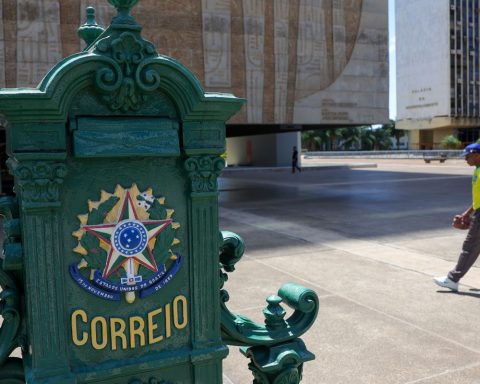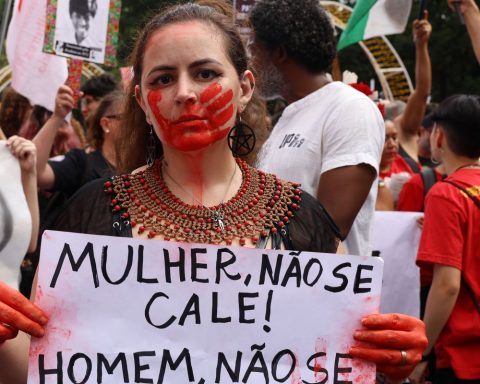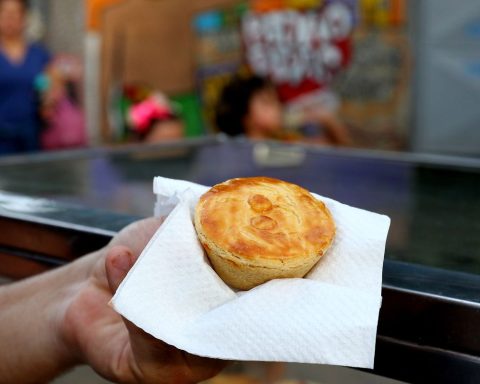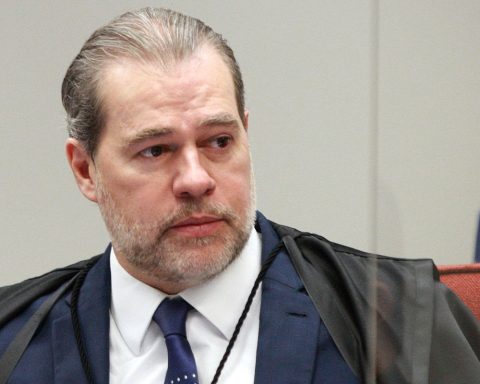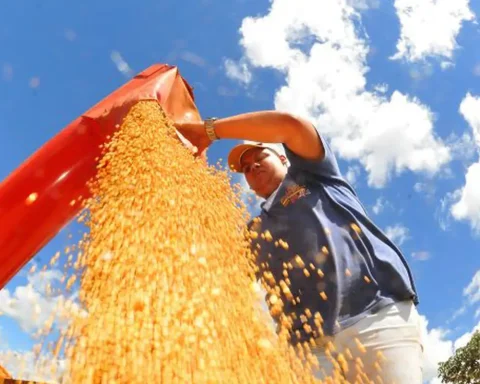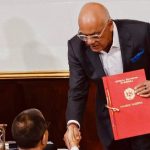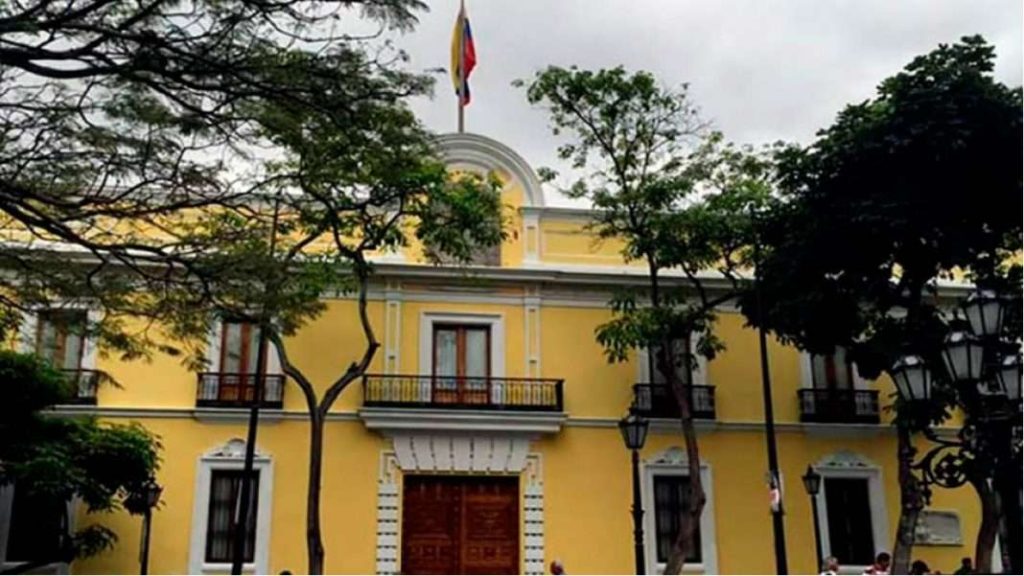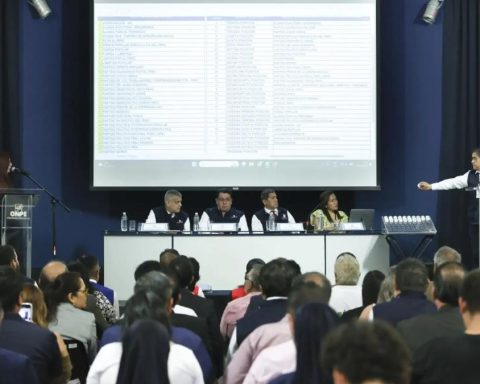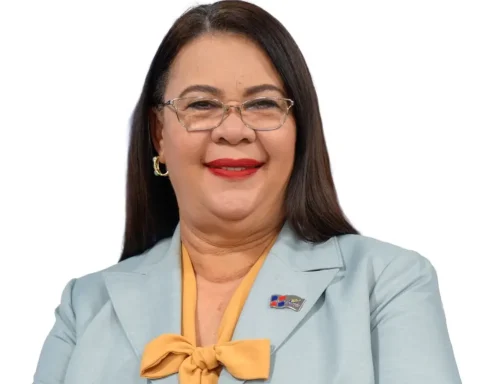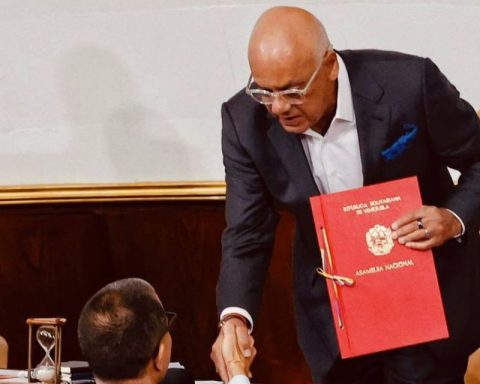This November 30th is Evangelical Day across the country, but, as the Law 12,328/2010 who established the date did not declare a national holiday, the free day only occurs in some cities. With or without a day off, activities in some locations remembered the date and reflected on the role that faith and religiosity play in the lives of a large part of the Brazilian population.
According to the Brazilian Institute of Geography and Statistics (IBGE), evangelicals numbered 42.2 million in 2010, of which around 23 million are black people. For the coordinator of the Black Evangelical Movement, Jackson Augusto, there are many evangelical denominations in the country and each of them follows an agenda according to the way they see theology and practice their own worship. “The date comes from an effort by a very specific evangelical group. So, there is no great recognition in the evangelical church as a whole of this day, of Evangelical Day. I think it is a day that is little celebrated, or little talked about, or even little celebrated in churches”, he states.
According to the leader of the movement, in addition to the heterogeneity of denominations, there has also always been a division between two groups of alignment between churches, one that brings together denominations aligned with the State and another that has the understanding that State and religion need to walk separately. “So, I think that’s why there’s this tension. But today, with the day already established, I think it is useful for us to make some reflections outside the Church. Because inside it doesn’t make much sense for us, being a very heterogeneous group, to have a big celebration, because there is no motivation for it”, he highlights.
Augusto remembers that November 30th itself is not a milestone for religion and assesses that the date ended up emptying a point that could serve as a point of convergence. “So, perhaps, the debate goes outside, thinking about what it means to be evangelical, and then debating it with civil society, with the State, with the government, with the Public Ministry, with Brazilian society, with culture, with the cultural scene , perhaps it makes more sense to compete for this day and also talk about this day from that perspective”, he reinforces.
This convergence is work that the Black Evangelical Movement is already doing around the racial issue, operating in the states of São Paulo, Rio de Janeiro, Minas Gerais, Espírito Santo, Paraná, Pernambuco, Bahia, Rio Grande do Norte , Sergipe and Paraíba both in the ecclesiastical field, with participation in forums, collectives and in the training support of black leaders, as well as with public institutions and social organizations in confronting racial violence and combating religious racism.
Likewise, evangelical churches are very active in social actions across the country. According to research by the Datafolha Institute (2020), evangelical churches have a strong presence in peripheral areas and are responsible for 70% of social actions by religious groups in the country.
Celebrations
In Brazil, while cities have not scheduled activities to celebrate the date, others celebrate with extensive programming.
In Brasília, where the date has been a holiday since the creation of District Law nº 963, of December 4, 1995, there has been an extensive program since Thursday (28) with Christian cultural and educational activities, in the external area of the Museum of the Republic .
Singers Layla Cardoso and Josely Ramos opened the program on Thursday (28), followed by words from Pastor Elizeu Rodrigues, and praise from Valesca Mayssa closed the night. On Friday (29), the night began with a lot of prayer and the show by Bruna Sanolli, followed by Robinson Monteiro. Jeferson&Suellen’s praise and the message with teachings from Pastor Claudio Duarte closed the program. This Saturday, the program in Brasília ends with the show by Sarah Beatris.
In Macapá, the celebration of the date also began in advance, on Friday, when there was a performance by gospel singer Thalles Roberto, at the Sambódromo. This Saturday, a service at the Assembly of God will continue the program with the participation of singers Zery Magdiel and Paulo André. There will also be show by singer Juliano Son, at Praça Jacy Barata Jucá.
Activities are also planned in the Amapá municipalities of Santana, Cutias, Mazagão, Pedra Branca do Amapari and Itaubal do Piririm.
Some capitals, such as Porto Velho and Cuiabá, have municipal or state decrees with Evangelical Day celebrations on different dates than the national one.


